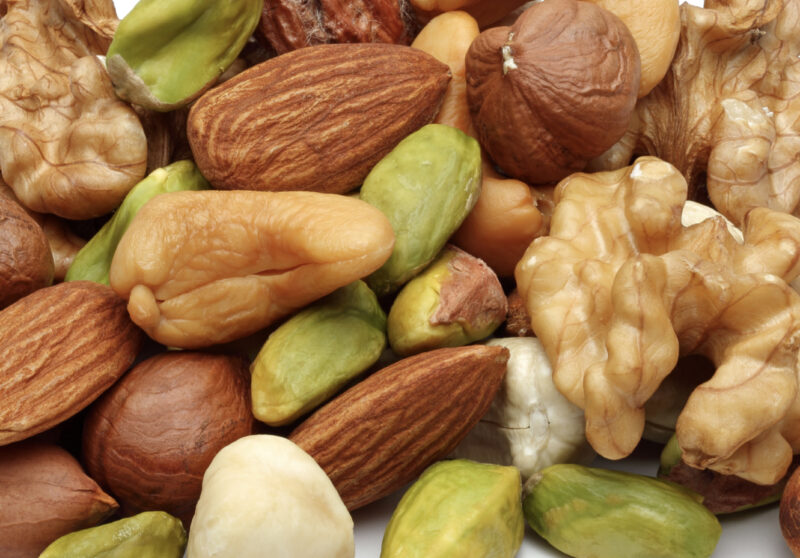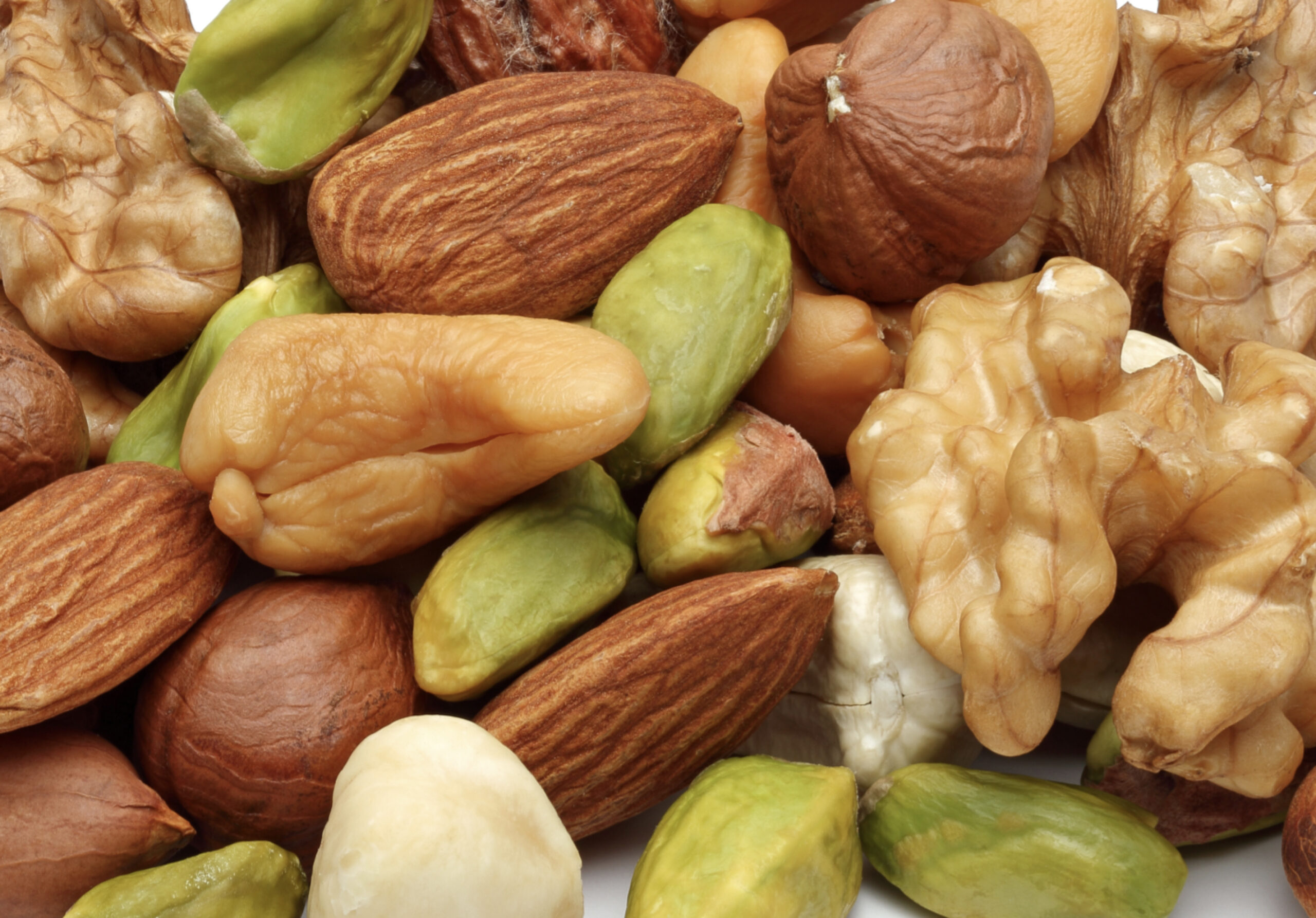 According to an extensive systematic review recently published in the British Journal of Cancer, there is no evidence for a protective role of polyunsaturated fat (PUFAs) against the risk of cancer. Moreover, a very high intake of total PUFAs could slightly increase cancer risk, although the quality of evidence is low. “Evidence for effects of polyunsaturated fats on risk of cancer is conflicting,” said the authors led by Sarah Hanson, School of Health Sciences, University of East Anglia, Norwich, UK, reminding different fats included among PUFA: long-chain omega-3 (LCn3 including eicosapentaenoic acid and docosapentaenoic acid), alpha-linolenic acid (ALA) and omega-6 (including linoleic acid, LA). Searching Medline, Embase, CENTRAL and trials registries for randomized controlled trials (RCTs), Hanson and colleagues identified 47 studies (108,194 participants) comparing different dietary intakes of LCn3, ALA, omega-6 and/or total PUFA and assessing cancer diagnosis for at least one year. The analysis showed that higher consumption of LCn3 has little or no effect on cancer death (Risk Ratio [RR] 0.97), cancer diagnosis (RR 1.02), and more specifically breast cancer diagnosis (RR 1.03). Moreover, little or no effect has been shown also for ALA on cancer death and all evidence was of high or moderate quality. On the other hand, increasing dietary intake of LCn3 (number needed to treat to cause an additional harm [NNTH] 334, RR 1.10) and ALA (NNTH 334, RR 1.30) has been linked to an increased risk of prostate cancer, while a higher dose of PUFA (very high in some studies) may increase the risk of cancer diagnosis (NNTH 125, RR 1.19) and death (NNTH 500, RR 1.10). Results from this systematic review are consistent with previous studies suggesting lack of associations between LCn3 intake and total cancer risk and add a new suggestion about the possibility that increasing dietary intake of PUFA could result in a slightly higher risk of cancer both cancer diagnosis and cancer mortality. “The small harms resulting from increased LCn3, ALA and total PUFAs need to be balanced against potential gains from the other major cause of morbidity and mortality, cardiovascular disease,” researchers wrote. “Considering both cancer and cardiovascular outcomes, overall health effects of increasing LCn3, ALA, omega-6 and total PUFA appear small” they concluded.
According to an extensive systematic review recently published in the British Journal of Cancer, there is no evidence for a protective role of polyunsaturated fat (PUFAs) against the risk of cancer. Moreover, a very high intake of total PUFAs could slightly increase cancer risk, although the quality of evidence is low. “Evidence for effects of polyunsaturated fats on risk of cancer is conflicting,” said the authors led by Sarah Hanson, School of Health Sciences, University of East Anglia, Norwich, UK, reminding different fats included among PUFA: long-chain omega-3 (LCn3 including eicosapentaenoic acid and docosapentaenoic acid), alpha-linolenic acid (ALA) and omega-6 (including linoleic acid, LA). Searching Medline, Embase, CENTRAL and trials registries for randomized controlled trials (RCTs), Hanson and colleagues identified 47 studies (108,194 participants) comparing different dietary intakes of LCn3, ALA, omega-6 and/or total PUFA and assessing cancer diagnosis for at least one year. The analysis showed that higher consumption of LCn3 has little or no effect on cancer death (Risk Ratio [RR] 0.97), cancer diagnosis (RR 1.02), and more specifically breast cancer diagnosis (RR 1.03). Moreover, little or no effect has been shown also for ALA on cancer death and all evidence was of high or moderate quality. On the other hand, increasing dietary intake of LCn3 (number needed to treat to cause an additional harm [NNTH] 334, RR 1.10) and ALA (NNTH 334, RR 1.30) has been linked to an increased risk of prostate cancer, while a higher dose of PUFA (very high in some studies) may increase the risk of cancer diagnosis (NNTH 125, RR 1.19) and death (NNTH 500, RR 1.10). Results from this systematic review are consistent with previous studies suggesting lack of associations between LCn3 intake and total cancer risk and add a new suggestion about the possibility that increasing dietary intake of PUFA could result in a slightly higher risk of cancer both cancer diagnosis and cancer mortality. “The small harms resulting from increased LCn3, ALA and total PUFAs need to be balanced against potential gains from the other major cause of morbidity and mortality, cardiovascular disease,” researchers wrote. “Considering both cancer and cardiovascular outcomes, overall health effects of increasing LCn3, ALA, omega-6 and total PUFA appear small” they concluded.
Can we still rely on Omega-3 & Co. for cancer prevention and management?












